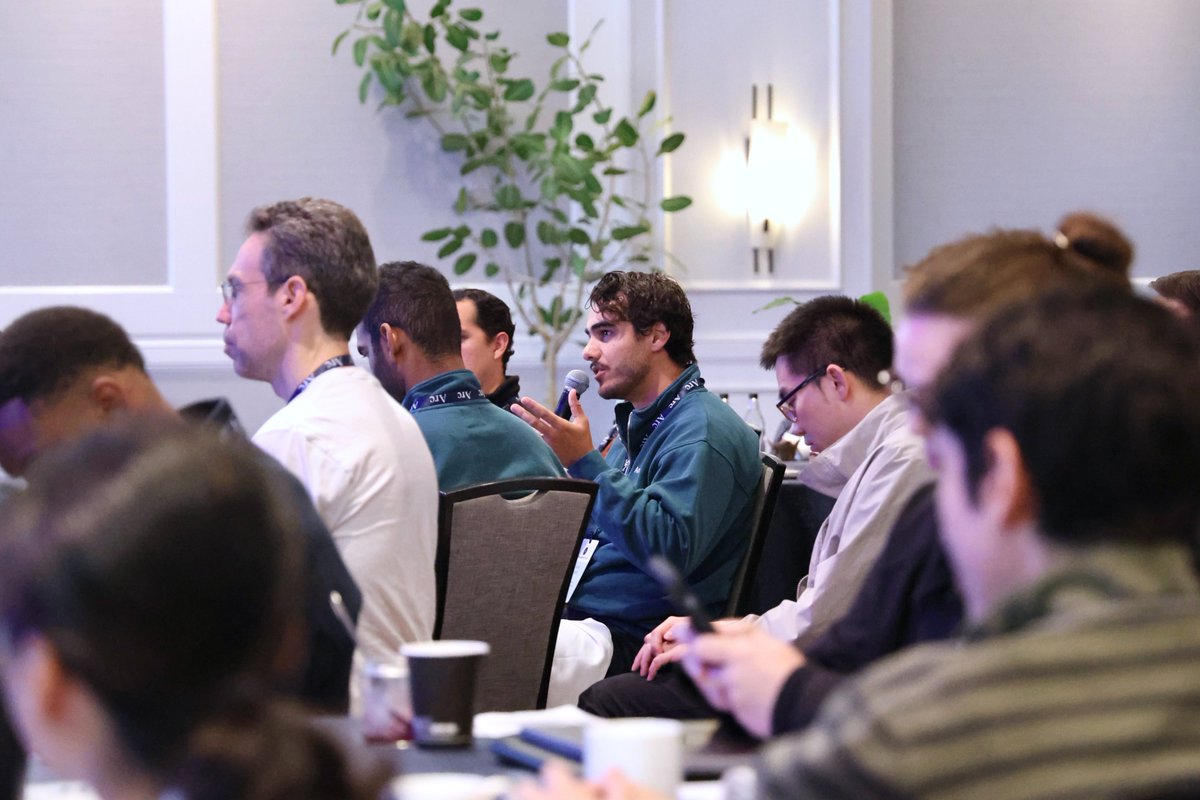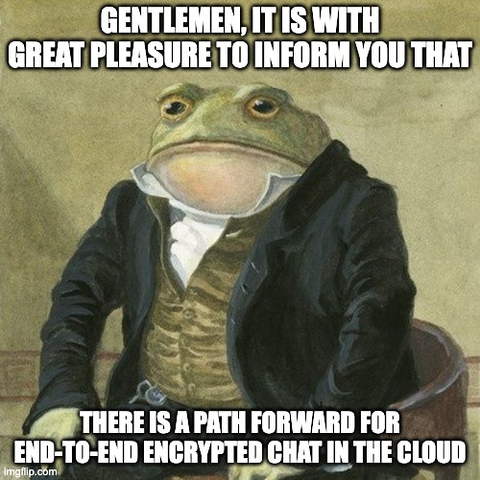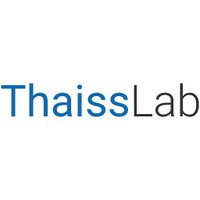
ThaissLab
@thaisslab
@ChristophThaiss research lab @Stanford @StanfordPath and @ArcInstitute, studying environment-body-brain interactions in human disease.
ID: 909746202060738561
http://www.thaisslab.com 18-09-2017 11:49:31
316 Tweet
1,1K Takipçi
163 Takip Edilen
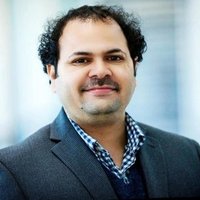

Today, we're announcing new partnerships with 10x Genomics and Ultima Genomics to accelerate development of the Arc Virtual Cell Atlas. (1/6)

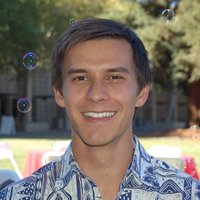
Want to discover, design, and engineer cutting-edge drug delivery vectors? We're hiring a PhD-level Scientist at the Horns Lab at Arc Institute and Stanford University! Check out bit.ly/ScientistDeliv…

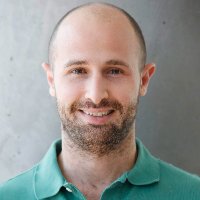
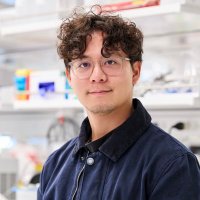
Genomes encode biological complexity, which is determined by combinations of DNA mutations across millions of bases In new Arc Institute work, we report the discovery and engineering of the first programmable DNA recombinases capable of megabase-scale human genome rearrangement


Wanted to highlight our latest preprint--a huge effort by multiple people and labs, but led primarily by Will DeWitt (UW) and Tatsuya Araki and Ashni Vora (our lab), in a very close wet-dry collaboration with (Fred)erick Matsen ’s lab at the Hutch biorxiv.org/content/10.110…
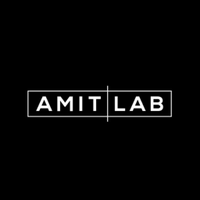
Excited to share our study in Science Immunology dissecting the immune landscape of psoriatic arthritis (PsA)—with a new finding: immunoproteasome overactivity drives treatment resistance🧵 Led by Reut Tzemach,Chamutal Gur,T. San Phan,Eyal David & team. (1/11) science.org/doi/10.1126/sc…


“Every failure teaches us something.” Arc's Core Investigator Lingyin Li, PhD on the path to STING activation, cGAMP, and what it means for the future of cancer treatment.
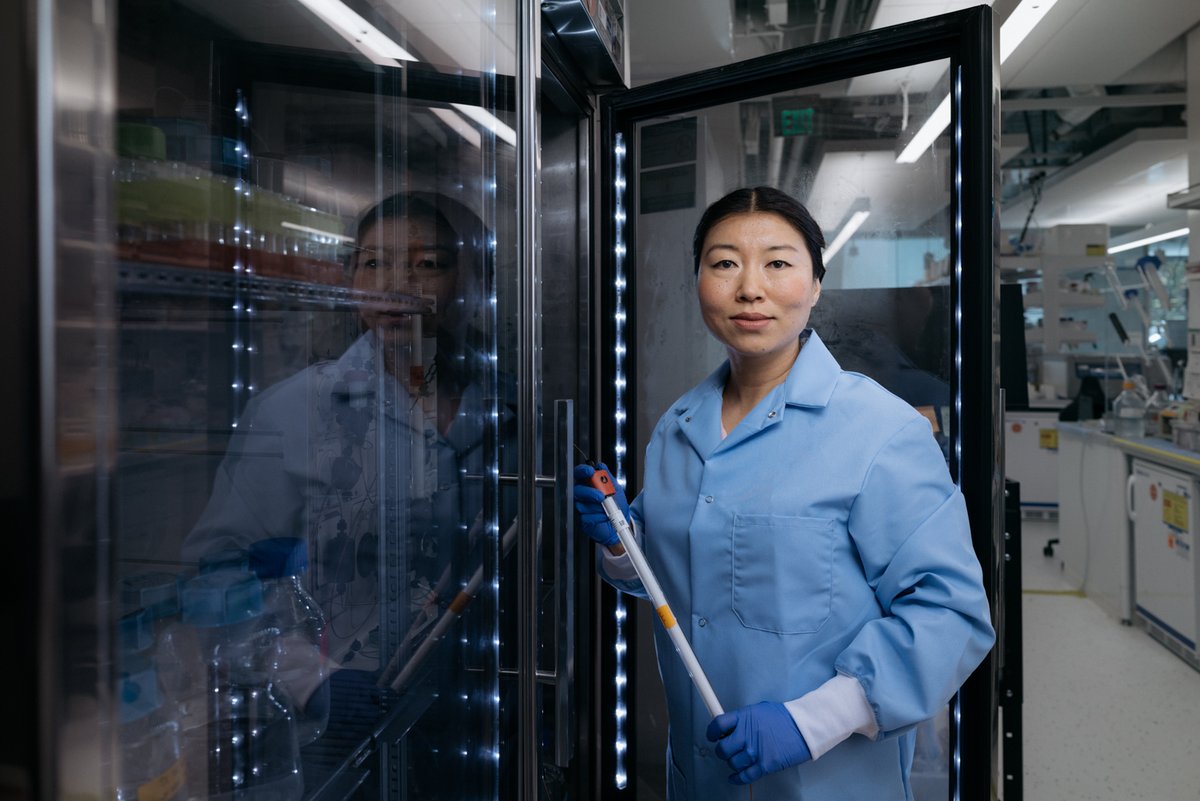
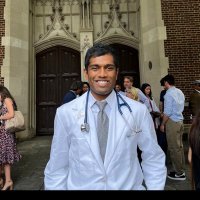
Microbial regulation of interoception Christoph Thaiss sciencedirect.com/science/articl…

Today Arc Institute releases State, our first perturbation prediction AI model and an important step towards our goal of a virtual cell State is designed to learn how to shift cells between states (e.g. “diseased” to “healthy”) using drugs, cytokines, or genetic perturbations


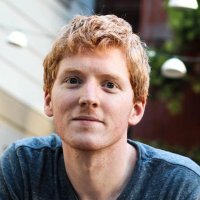
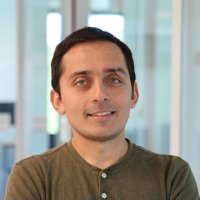
Cells are dynamic, messy and context dependent. Scaling models across diverse states needs flexibility to capture heterogeneity Introducing State, a transformer that predicts perturbation effects by training over sets of cells Team effort led by the unstoppable Abhinav Adduri


Register today for the Virtual Cell Challenge and use AI to solve one of biology’s most complex problems. Announced in Cell, the competition is hosted by Arc Institute and sponsored by NVIDIA, 10x Genomics, and Ultima Genomics.


Delighted to announce Arc Institute's Virtual Cell Challenge - a recurring, open, community-driven challenge to benchmark cellular foundation models See our announcement in Cell below, with prizes up to $100,000, sponsored by @Nvidia 10x Genomics Ultima Genomics!


How close are we to simulating living cells? Today Arc Institute is launching the Virtual Cell Challenge (VCC), an annual competition for evaluating progress towards a virtual cell. Read our Cell Press commentary

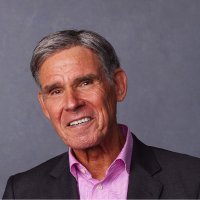
Getting to the virtual cell is the holy grail of life science. Now there's a challenge on to accelerate it cell.com/cell/fulltext/… Arc Institute Cell NVIDIA 10x Genomics Yusuf Roohani Stanford AI Lab Dave Burke Ultima Genomics

Our 2nd Annual Investigator Retreat wrapped up with talks covering immunology and technology development from Core Investigators Christoph Thaiss and Felix Horns, our incoming Science Fellow @maya_arce_, and our Innovation Investigators and Ignite Awardees Iain Clark, Calvin Kuo,
